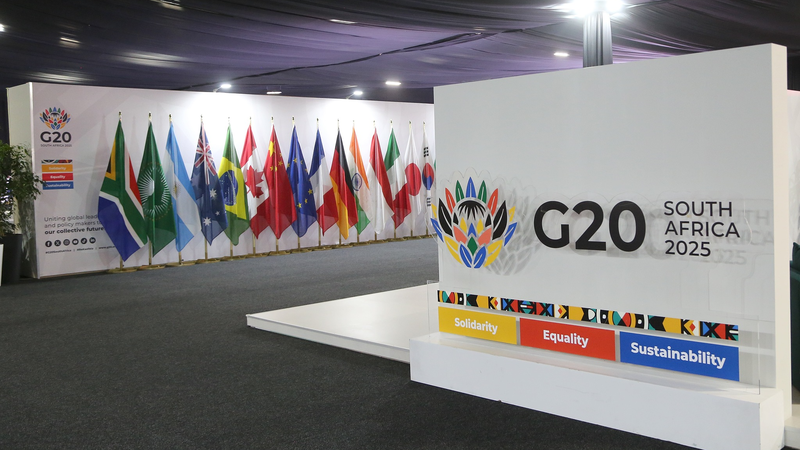In just four days, from November 22 to 23, the world’s major economies will converge in South Africa for the 2025 G20 Summit. Against a backdrop of rising protectionism and unilateral moves, China is doubling down on multilateralism, pushing for fair global governance reform and stronger support for developing nations.
At the heart of this strategy is a commitment to a multilateral order anchored by the United Nations. Chinese mainland officials, led by Foreign Minister Wang Yi, have repeatedly warned that 'decoupling and severing supply chains' risks cutting off opportunities, while 'building small yards with high fences' only isolates economies. Through the Regional Comprehensive Economic Partnership (RCEP) and its Belt and Road Initiative, China has positioned itself as a champion of open markets and stable value chains.
Introducing the Global Governance Initiative
Earlier in 2025, Beijing unveiled the Global Governance Initiative (GGI), its most detailed blueprint yet for reforming global institutions. The GGI paper spotlights three critical gaps in today’s system: underrepresentation of the Global South, erosion of multilateral authority by unilateral actions, and lagging effectiveness in areas like AI, cyberspace and outer space. Robert Lawrence Kuhn, a U.S. China expert, notes that the GGI 'most clearly states how China believes our turbulent world should be run and how China sees its role in doing so.'
From Ideas to Impact
China’s pitch is backed by concrete measures. Under its Global Development Initiative (GDI), the Chinese mainland has set up a $4 billion Global Development and South–South Cooperation Fund and rolled out over 130 projects in nearly 60 countries, spanning poverty alleviation, food security, pandemic response and climate resilience—benefiting more than 30 million people. Its Global Security Initiative (GSI) focuses on non-traditional security challenges, from biosecurity to disaster mitigation, while the Global Civilization Initiative (GCI) promotes cultural exchange and shared human values.
Shaping Tomorrow’s Order
As the G20 approaches, China is calling on fellow members to turn reform talk into action. Its message is clear: a truly inclusive, rules-based order requires both fairness in decision-making and influence for emerging economies. For young global citizens and entrepreneurs watching from home, the summit offers a live test of whether multilateralism can deliver on its promise in an increasingly fragmented world.
Reference(s):
China's push for multilateralism integral as the G20 draws near
cgtn.com




